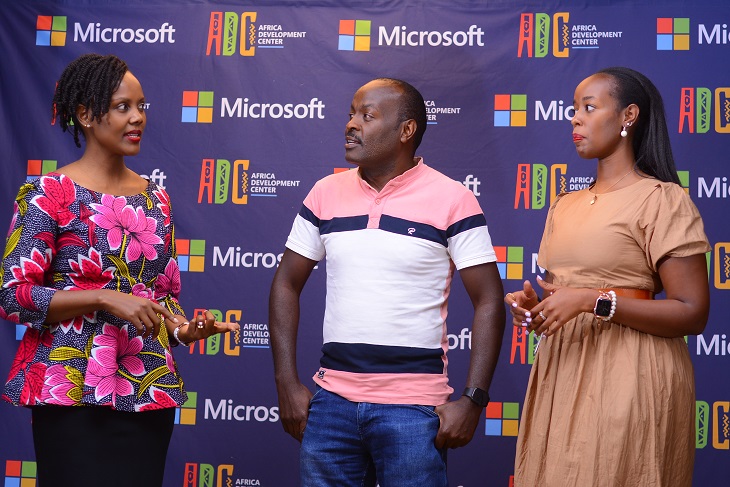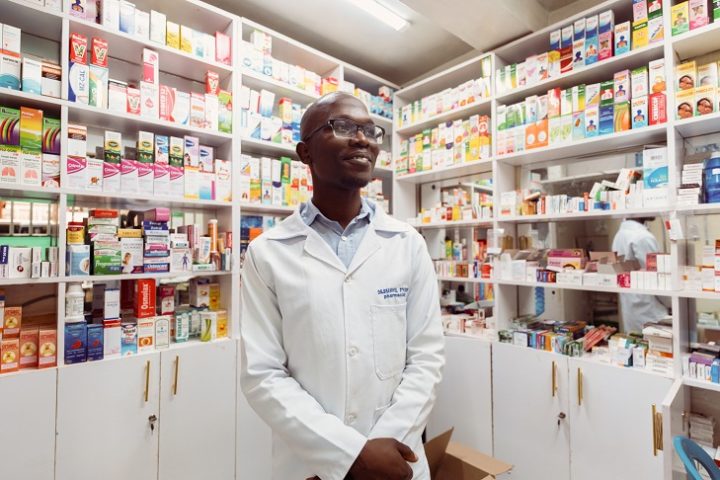Microsoft Africa Development Centre (ADC) and Microsoft Leap have launched an inaugural workshop intentionally designed for university lecturers, proficient in leading technology-focused courses.
University lecturers will be provided with an opportunity to engage with fellow educators in skill enhancement modules and identify best practices to incorporate into their curriculum.
The 12-week program, which begins on March 6th, will use a hybrid classroom model and practical training to provide instructors with a better understanding of industry requirements and inspire a curriculum change that will align university classrooms with the needs of the technology industry.
“This program is the result of collaboration on many fronts, including university lecturers and their students. The training has been designed to provide lecturers with hands-on experience with industry needs, allowing them to design effective teaching for their students in an equally practical manner. The course will also expose them to advanced topics and allow them to learn and experiment with effective teaching techniques while obtaining essential aspects of carrying out research studies,” said Catherine Muraga, Microsoft ADC Managing Director, at the program’s launch.
Yolanda Natal-Santos, Microsoft Leap’s Senior Business Program Manager says “Rooted in our culture of the growth mindset and the belief that digital skills are for everyone, we are grateful for our partnership with the Microsoft ADC, as we extend Microsoft Leap’s global reach to a region that is rich in culture and talent. The growth of our partnership with the Microsoft ADC has provided our program with a platform to continue identifying, engaging, and aligning with changemakers in Africa, as we impact and elevate together.”
Working collectively with Engineers from the ADC, Nairobi, the program will enhance skills, based on a curriculum developed and taught by Microsoft Leap instructors.
In addition to technical programming aspects and teaching a hybrid classroom, educators will receive training on specific Microsoft tools that are already being used in classrooms around the world and can be introduced to Kenyan lecture halls. The program will also provide technical educators with the tools they need to introduce popular Microsoft resources like Microsoft Azure, Microsoft Power Platforms, and Microsoft Dynamics.
“JKUAT’s Department of Computing is thrilled to participate in the Microsoft Skilling Program, as it will provide our staff with access to cutting-edge technologies and a leading global company. This opportunity to engage with industry-relevant skills and knowledge brings great joy to the university”, Dr. Lawrence Nderu, Chairman/Lecturer, Department of Computing, Jomo Kenyatta University of Agriculture and Technology said.
“The world is changing quickly, and if we are to mold tomorrow’s leaders, we as lecturers must evolve too. Each day, there are new tools and methods being devised that are becoming increasingly crucial to operating within the tech industry.
For the sake of our students, it is best that we learn how to leverage industry-standard and emerging technology from industry leaders.”
Githinji emphasized a multi-pronged approach to improving technical education in Kenyan universities. “Improving lecturers’ capacities in line with the ADC’s digital skilling initiatives that range from elementary school level all the way into the workplace. We held several campus tours last year, which prompted us to begin a curriculum review process with JKUAT. Improving all aspects of the training ladder is critical if we want to create a tech talent pipeline that is not only robust enough to meet today’s needs but also propels Africa to compete on a global scale,” she added.
The first cohort of 23 educators is drawn from both private and public universities, including Jomo Kenyatta University of Agriculture and Technology (JKUAT), Multimedia University, and Kirinyaga University. Strathmore University, KCA University, Kabarak University, USIU-Africa, Zetech University, and Africa Nazarene University are the others.













